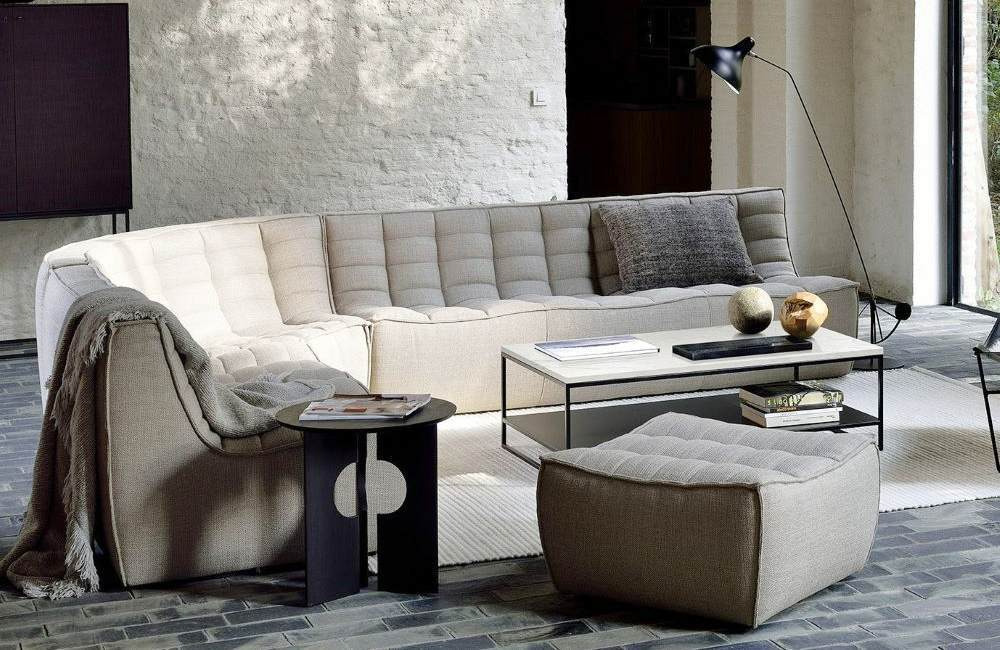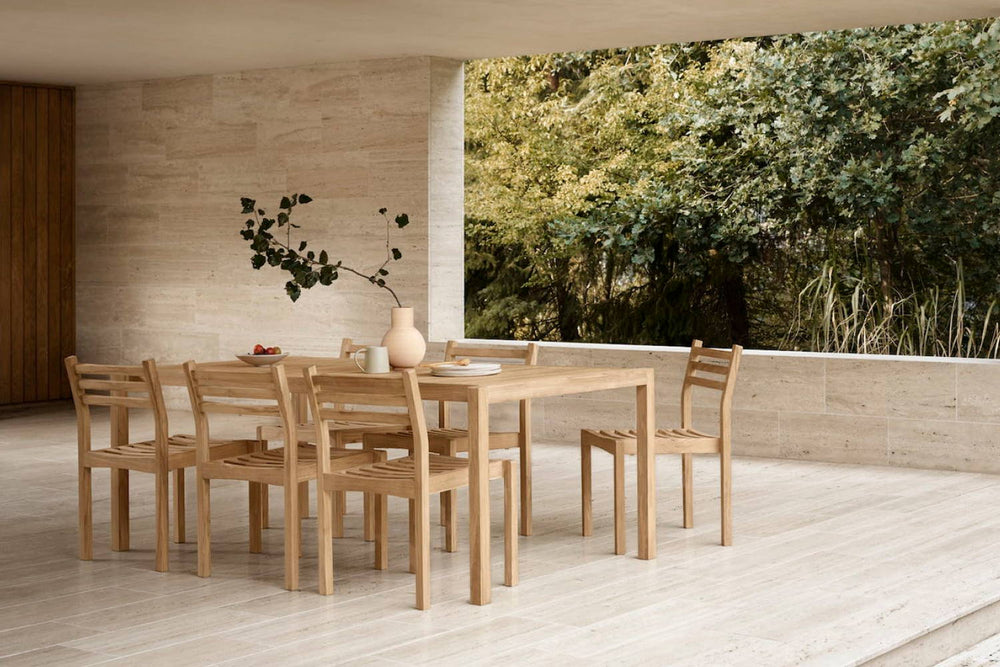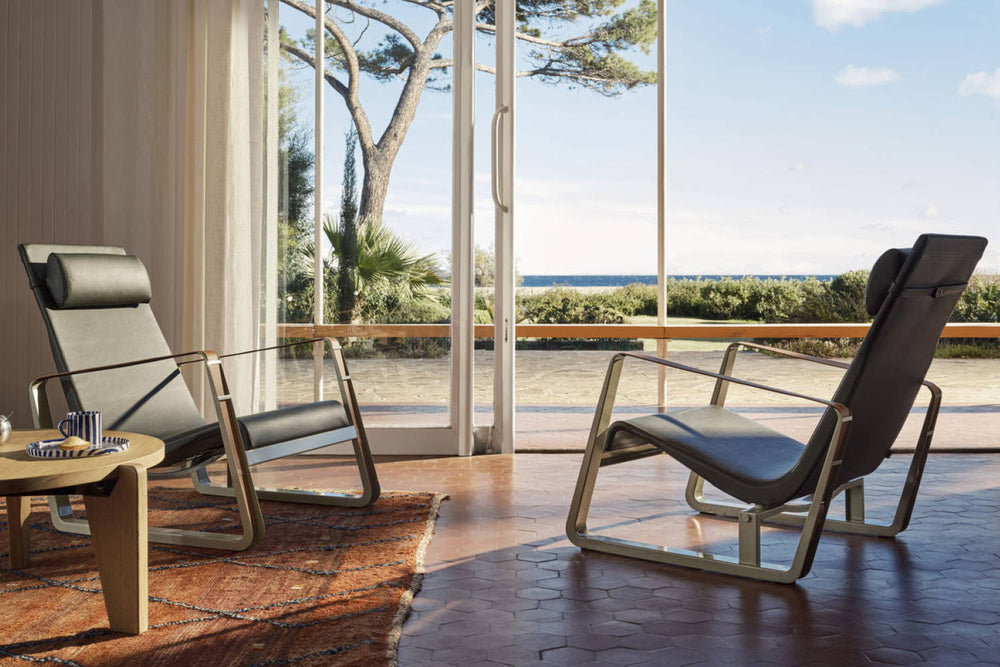In the realm of interior design, the fusion of cultural influences often yields captivating results, breathing new life into established aesthetics. Enter Rustic Japandi Style – a harmonious blend of Scandinavian simplicity and Japanese Zen philosophy. This innovative approach to modern minimalism seamlessly integrates natural elements, muted tones, and functional design principles, offering a serene sanctuary that exudes warmth and tranquility. Drawing inspiration from the timeless traditions of both Scandinavian and Japanese design, each element is thoughtfully selected to evoke a sense of calm and connection with the natural world, fostering a serene atmosphere that encourages mindfulness and introspection. Incorporating Rustic Japandi Style into your home offers more than just a visual transformation – it cultivates a holistic approach to living that prioritizes balance, harmony, and well-being. Whether you're seeking solace in a cozy reading nook or gathering with loved ones in a welcoming communal space, this versatile aesthetic provides a timeless canvas for creating meaningful moments and cherished memories.
What is Rustic Japandi Design?
- Rustic Japandi Style is a design aesthetic that merges the rustic charm of traditional Scandinavian design with the minimalist principles of Japanese style.
- It combines elements from both cultures to create a harmonious and serene living space that celebrates simplicity, functionality, and natural beauty. These elements include natural materials, clean lines, a neutral color palette, and functional, uncluttered spaces.
- Adding in rustic elements or farmhouse-inspired decor creates a fresh take on modern minimalism. Utilizing natural, slightly imperfect materials like untreated wood, stone, and organic textiles adds warmth and texture to your space.
- Overall, Rustic Japandi Style offers a contemporary yet timeless approach to interior design, blending Scandinavian simplicity with Japanese Zen principles and rustic elements. It creates spaces that are not only visually appealing but also conducive to mindfulness, well-being, and a deeper connection with nature.
A Rustic Take on Japandi Furniture & Lighting
Sofas:
- Material & Design: Natural materials like linen or leather. Simple yet comfortable, with a focus on clean lines and functionality. Consider sofas with wooden legs made from oak or walnut to add a rustic touch
- Texture & Color: Embrace Japandi sofas with textured fabric. Stick to a palette of earthy tones—beige, soft greys, or muted greens
Lounge Chairs:
- Structure & Form: Look for lounge chairs that combine form and function, featuring minimalist design with ergonomic comfort, such as Mid Century Modern chairs.. Chairs made of natural wood with curved lines or incorporating woven elements can introduce a rustic feel
- Accent Features: Use lounge chairs as an opportunity to introduce subtle contrasts. A Scandinavian chair can add visual interest without overwhelming the space
Coffee Tables:
- Material Choices: Choose coffee tables made from raw, untreated woods or those that highlight the natural grain and imperfections of the material. This adds an authentic rustic quality to the space while keeping the clean, uncluttered feel of Japandi design
- Functionality & Aesthetics: Consider tables that offer dual purposes, such as storage or adjustable heights. The functionality should not compromise the aesthetics; ensure the design remains simple and complements the overall decor of your living room
Floor Lamps:
- Design Considerations: Select Japandi floor lamps that blend simplicity with natural materials. Lamps with wooden bases or those that incorporate paper, linen, or other natural fibers in their shades can enhance the rustic ambiance while providing soft, diffused lighting
- Lighting Atmosphere: The lighting should evoke warmth and comfort, using bulbs that emit a soft glow. Consider the placement of lamps to create cozy corners or highlight architectural features without detracting from the minimalist approach
Sideboards:
- Style & Material: Japandi sideboards in natural wood tones, with minimal hardware and simple lines, can serve as both functional storage and a statement piece. Look for pieces that show craftsmanship and detail, such as sliding doors or subtle carvings, to add a rustic touch
- Versatility & Placement: Use Japandi sideboards to define specific spaces or as a subtle room divider in open-plan areas. The top can be styled minimally with a few carefully chosen accessories, like ceramic sculptures or books, to maintain a clutter-free look
Practical Japandi Design Tips
EMBRACE NATURAL MATERIALS: Incorporate natural materials such as wood, stone, bamboo and rattan into your interior design. Opt for furniture pieces made from reclaimed or weathered wood to add a rustic touch.
CREATE A MIX OF TEXTURES: Layer different textures to add depth and visual interest to the space. Combine smooth surfaces with rough textures such as a sleek wooden dining table paired with a chunky, knit rug or a leather sofa accented with linen throw pillows.
INCOPORATE MINIMALIST FURNISHINGS: Keep furnishings simple and minimalistic with clean lines and uncluttered silhouettes. Choose functional pieces that serve a purpose and avoid unnecessary ornamentation.
FOCUS ON FUNCTIONALITY: Maintain a clutter-free environment by incorporating functional storage solutions. Opt for built-in shelving, baskets, and storage ottomans to keep belongings organized and out of sight.
Rustic Japandi style emerges as a compelling evolution of modern minimalism, offering a fresh perspective that resonates with those seeking harmony, simplicity, and connection in their living spaces. By blending the timeless aesthetics of Scandinavian design with the serene philosophy of Japanese minimalism, this innovative approach creates an atmosphere that is both inviting and tranquil. Through the careful selection of natural materials, the emphasis on clean lines, and the integration of functional design principles, rustic Japandi style fosters an environment that encourages mindfulness and introspection. It celebrates the beauty of imperfection and finds joy in simplicity, inviting us to slow down, appreciate the present moment, and cultivate a deeper connection with our surroundings. With its timeless appeal and inherent sense of warmth, rustic Japandi style offers a sanctuary where we can retreat from the chaos of the world and find solace in the simple pleasures of life.





